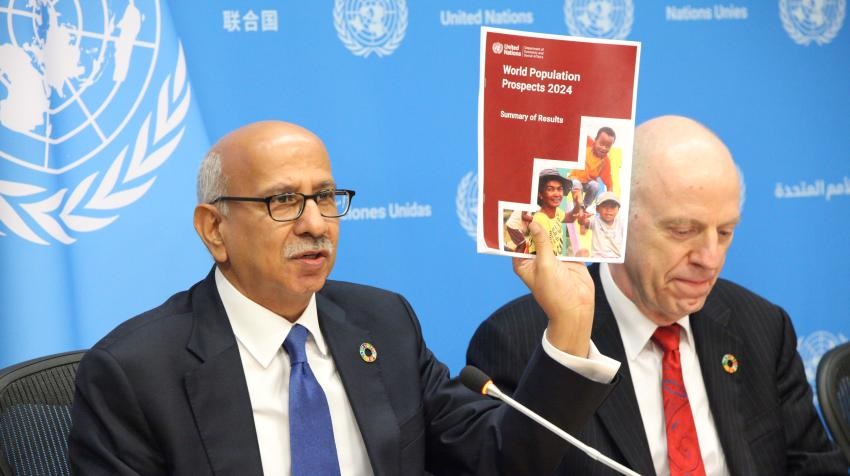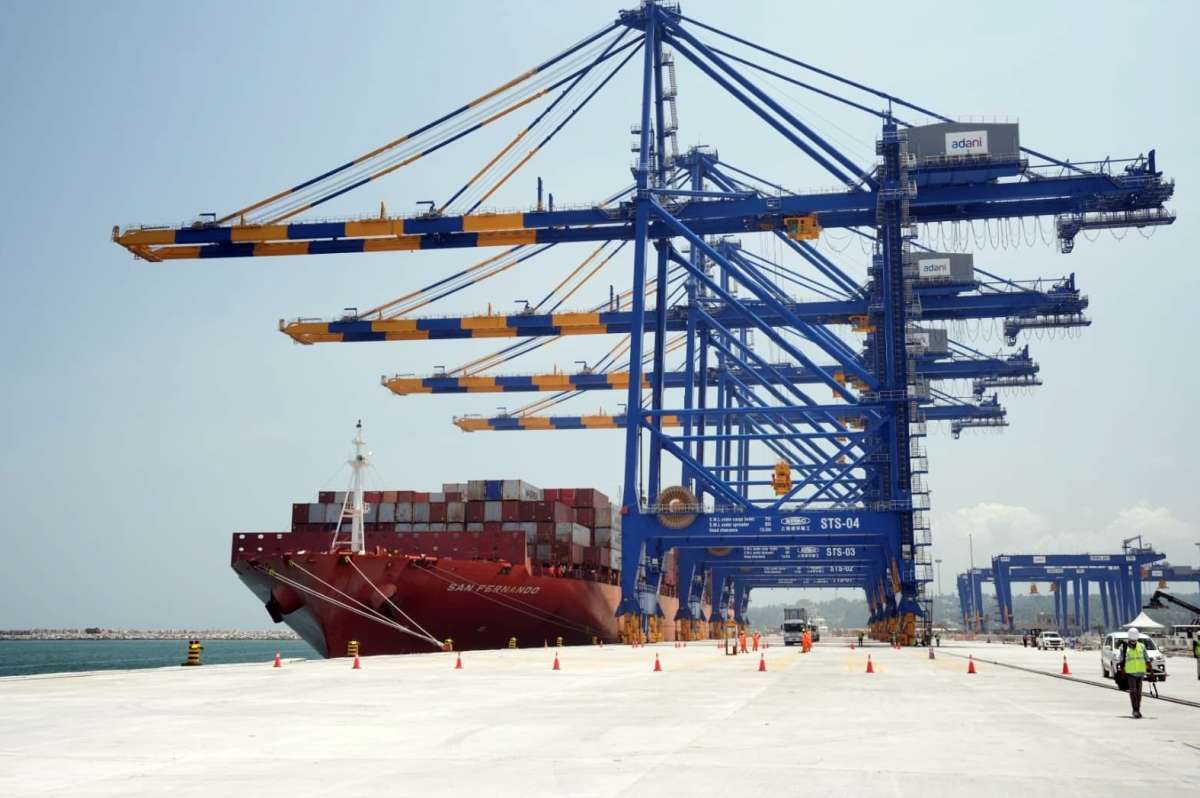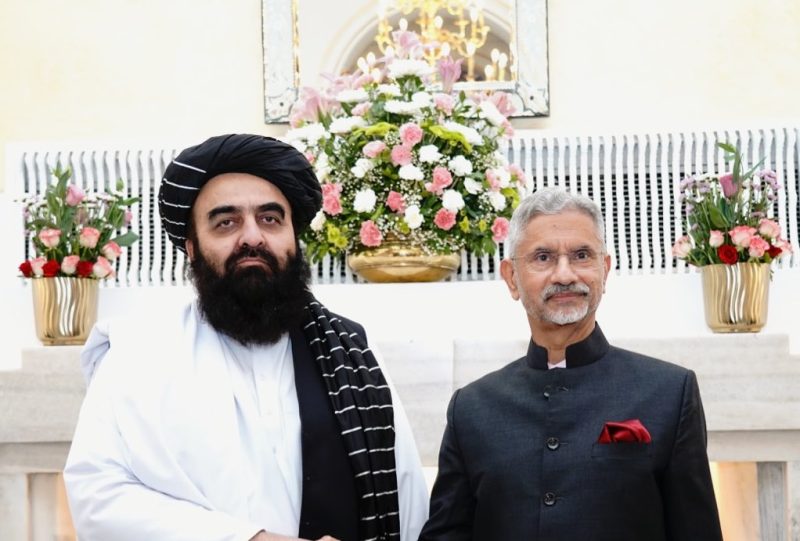By the late 2070s, the global population aged 65 and older is projected to reach 2.2 billion, exceeding the number of children under 18, and by the mid-2030s, those aged 80 and over will outnumber infants reaching 265 million, it said…reports Asian Lite News
India will continue to be the world’s most populous country into the next century, even though its population will peak in the mid-2060s and begin a slow decline, according to a population expert.
India is “currently the largest country in the world in terms of population, and it is projected to stay so throughout the century,” Senior Population Affairs Officer Clare Menozzi said on Thursday at the release of the UN World Population Prospects 2024 Summary.
India’s population is “supposed to peak around the 2060s in size and then it starts to slightly decline,” she said. “So by the end of the century, India is projected to be around 1.5 billion, but still the largest country in the world by a large margin.” According to the data accompanying the report, India’s population is projected to grow from 1.45 billion now to a peak of 1.7 billion in 2064 when the decline begins, and register 1.5 billion in 2100, a 12 per cent drop. The report noted that India is among the countries where the working-age population – 20 to 64 years – will grow through 2054,” offering a window of opportunity known as the demographic dividend.” To capitalise on this opportunity, countries must invest in education, health, and infrastructure, and implement reforms to create jobs and improve government efficiency, the report suggested. Life expectancy for Indians is projected to grow from 72.24 years now to 83.3 years by 2100. The total fertility rate for India, which is the number of children a woman has, will decline from the current 1.96 and start the next century at 1.69.
A total fertility rate of 2.2 is considered the replacement rate that will hold the population steady, and a dip below that signals a decline in population, although it could still be growing because of increasing life expectancy and because of the previous population growth that resulted in a large number of younger women who will be of child-bearing age. In the next 30 years, Pakistan will become the world’s third-most populous country, according to the report’s projections, increasing its population from the current 251 million to 389 million in 2054, overtaking the United States and Indonesia.
That year, India is projected to have a population of 1.69 billion and China 1.21 billion. For the world, the population will peak in the mid-2080s, growing over the next sixty years from 8.2 billion people now to around 10.3 billion in the mid-2080s, and then will slide to around 10.2 billion by the end of the century, according to Navid Hanif, the United Nations Assistant Secretary-General for Economic Development. The report drew attention to the trend of an ageing population, where senior citizens will outnumber children.
By the late 2070s, the global population aged 65 and older is projected to reach 2.2 billion, exceeding the number of children under 18, and by the mid-2030s, those aged 80 and over will outnumber infants reaching 265 million, it said. The trend towards a preponderance of an ageing population is already happening in several countries The report proposed that countries consider the use of technology to improve productivity at all ages and expand lifelong learning and re-training to extend working lives for those who can and want to continue working.
About the future of the globe with a burgeoning population and the stress on the environment, Population Division’s Director John Wilmoth said that the impact will be from behaviour, rather than the numbers. “What the world is like in 60 years, will depend on a lot of choices that will be made between now and then, policies that will be implemented or not, and technological advances and so forth,” he said. “All of these things will change the world that we’re living in. Population trends will be one part of that, but not necessarily the largest or the determining part,” he said. “What really matters is our behaviours and the choices that we make.”














